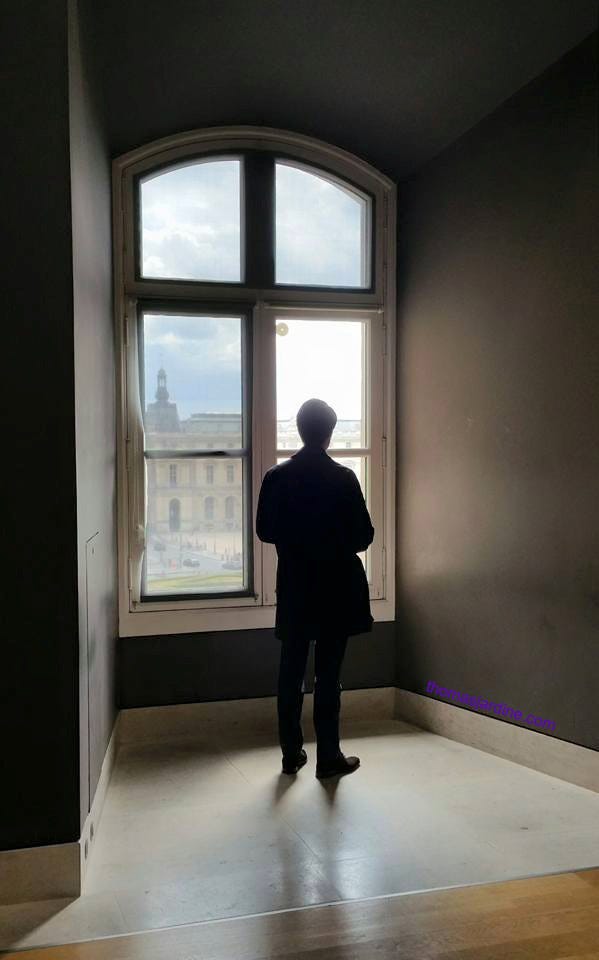Poet, are you writing poetry but privately worry that you might not write even one really outstanding poem, a poem to be read 100 years from now? Worry not! Keep writing and it could very well happen, but a poem can’t be ordered or manufactured — such a poem will find its way to you.
Somehow, somewhere, a poet might write one really good poem, while the rest of the poet’s oeuvre is only average, or dross, or practice, or even laughable — not that we are to laugh at anyone’s creative energy and spirit, much. Because that is not allowed anymore. (There is an old story by one of the early editors of The Paris Review which described how he and other editors used to send back rejected poems with rejection letters with outright insults. But then he said they soon stopped.)
So, for example, who wrote these immortal lines? No fair looking it up.
Remember, Google is watching you!
…
His eyes be like the starry lights;
His voice like sounds of summer nights;
In all his lovely mien let pierce
The magic of the universe!
And she to him will reach her hand,
And gazing in his eyes will stand,
And know her friend, and weep for glee,
And cry, Long, long I've looked for thee!
…
OK! SOUNDS GOOD! (But, let’s say, Poetry Magazine may not be looking for more of this.) And the same person wrote:
…
Are the accents of your luring
More melodious than of yore?
Are those frail forms more enduring
Than the charms Ulysses bore?
That we sought you with rejoicings
Till at evening we descry
At a pause of Siren voicings
These vext branches and this howling sky?
…
WHEW! Well, it is kind of fun to read, sort of. I mean, why not? Same author;
…
Some secrets may the poet tell,
For the world loves new ways.
To tell too deep ones is not well:
It knows not what he says.
…
and;
…
But often in the world’s most crowded streets,
But often, in the din of strife,
There rises an unspeakable desire
After the knowledge of our buried life,
A thirst to spend or fire and restless force
In tracking out our true, original course;
A longing to enquire
Into the mystery of this heart that beats
So wild, so deep in us, to know
Whence our thoughts come and where they go.
…
The last quoted stanza is a possibly big hint to poetry scholars. The poet was partly at the crest of change. A kind of consciousness where poetry itself was not the issue — where the poetry served the individual, say, as a lens to be more aware and not as a device to explicate morals, ethics, philosophies and other such issues.
Honestly, most of what this poet wrote is dross, stuck in its time, lost in fashion. Here and there little sparks show through the Victorian drapery. And how on earth did it happen? For a moment the thick heavy drapery raised away and, and, and,
and it is surprising to note how many lines by this poet are actual precursor lines to —
The sea is calm tonight.
…
I don’t need to type the poet’s name.
You get the idea. If it wasn’t for that one poem you might not hear much of this poet. I call it the one poem principle. And there are many poets who are known for no more than one poem, or at least pegged by one poem, much as the city of Paris is often associated with the Eifel Tower. Red wheelbarrows, snowy woods, give me your tired, your poor — you can think of many others.
Did you know that the poet carried the poem around in his pocket for 10 years before publishing the poem? The premise is that he knew he had something.
So, have you written such a poem? Let’s see it.

